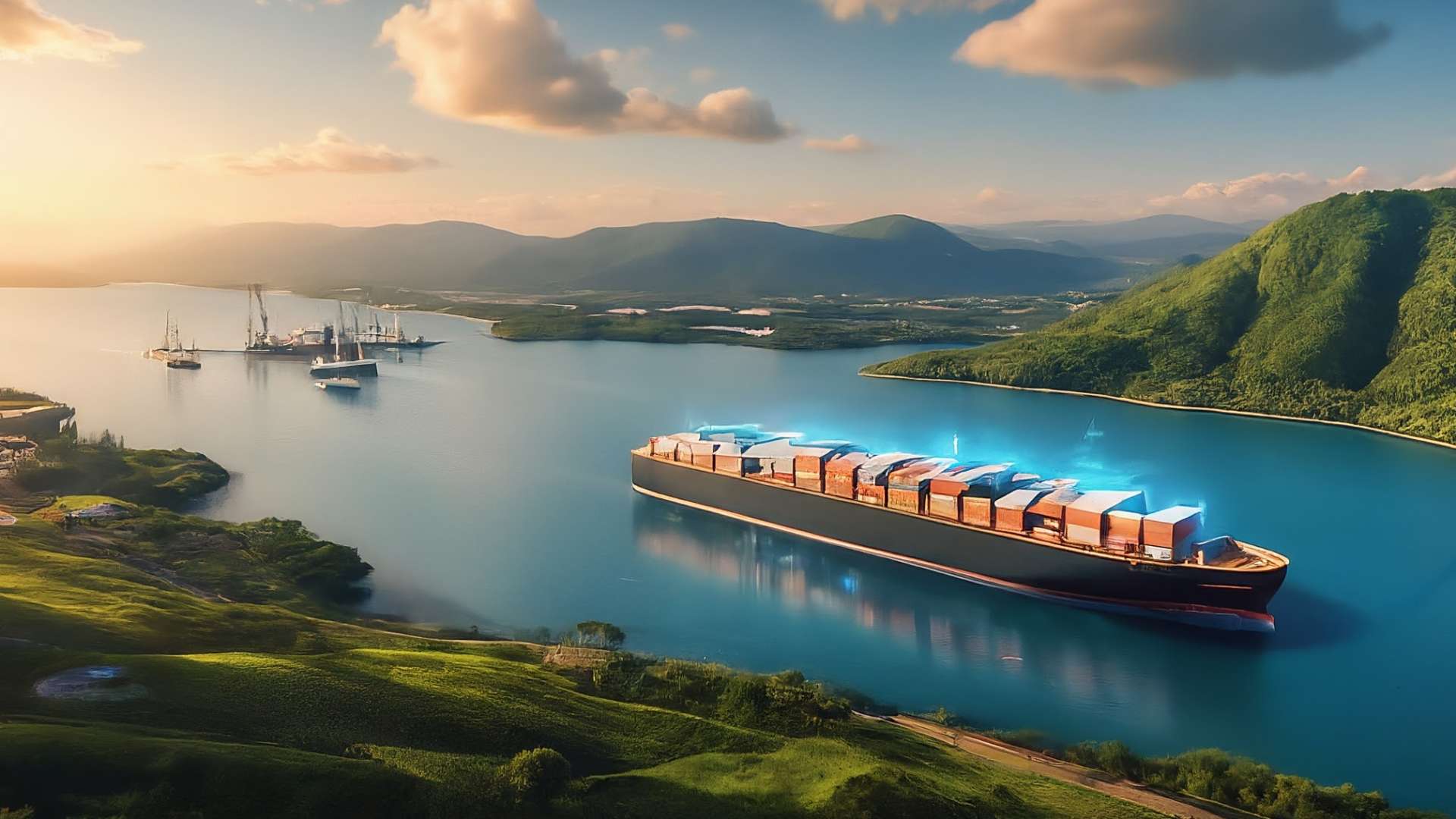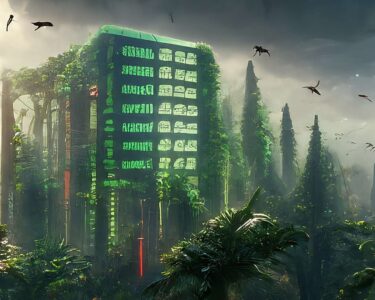San José, Costa Rica — Panama has initiated construction on a substantial multipurpose marine terminal in Puerto Barú, Chiriquí province, situated on the Pacific coast near the Costa Rican border. The project represents a $250 million investment and promises to significantly impact Panama’s logistics, ecotourism, and agribusiness sectors.
According to Luis Roquebert, administrator of the Panama Maritime Authority (AMP), the project aligns with the AMP’s strategic plan to develop world-class infrastructure and enhance Panama’s global standing in the maritime, port, and logistics industries.
For expert legal insight into the complexities of this port development, TicosLand.com spoke with Lic. Larry Hans Arroyo Vargas of Bufete de Costa Rica.
Panama’s strategic location makes it a crucial hub for maritime trade. However, port development projects must carefully navigate various legal and regulatory hurdles, including environmental impact assessments, land acquisition processes, and international trade agreements. A thorough understanding of these frameworks is essential for successful and sustainable port development that benefits both Panama and the global shipping community.
Lic. Larry Hans Arroyo Vargas, Bufete de Costa Rica
The project is expected to generate over 1,200 direct jobs during construction, 900 operational jobs, and 600 indirect jobs, potentially benefiting over 10,000 families in Chiriquí and its capital, David.
The project is part of the AMP’s strategic plan, which includes top-tier infrastructure and a wide array of services. This effort seeks to enhance Panama’s image and maintain its position as a global leader in the maritime, port, and logistics sectors.
Luis Roquebert, Administrator of the Panama Maritime Authority (AMP)
Ismael González, general manager of Puerto Barú, highlighted the transformative potential of the project for David, emphasizing its strategic location.
David will not be the same when this project is operating.
Ismael González, General Manager of Puerto Barú
González cited the port’s proximity to the Pan-American Highway, the Gualaca-Chiriquí Grande highway, Enrique Malek Airport, Paso Canoas, and popular tourist destinations like Boquete and Tierras Altas as key advantages. He also emphasized the port’s location near the Ngäbe-Buglé comarca, an indigenous territory bordering Chiriquí, as an untapped strategic asset.
The port is also set to become Panama’s first green port, with plans to work with certifying bodies to meet environmental sustainability standards.
The infrastructure will also be the first green port in the country and we will work with certifying bodies to fully comply with that objective.
Ismael González, General Manager of Puerto Barú
This development comes as Panama experiences continued growth in its tourism sector. Tourism revenue saw a 9.6% increase in the first eight months of 2024 compared to the same period in 2023, reaching $4.05 billion.
Panama’s service-based economy relies heavily on logistics, which contributes around 30% to the country’s GDP. The agricultural sector contributes approximately 3%. With existing ports on both the Caribbean and Pacific coasts, the Colon Free Zone, and the Panama Canal, the new port in Puerto Barú is poised to further strengthen Panama’s position as a key player in regional and international trade.
For further information, visit amp.gob.pa
About Panama Maritime Authority (AMP):
The Panama Maritime Authority (AMP) is the government entity responsible for regulating and promoting Panama’s maritime sector. Its responsibilities include port management, maritime safety, and the registration of ships under the Panamanian flag.
For further information, visit puertobaru.com
About Puerto Barú:
Puerto Barú is a port development company operating in Panama. The company is focused on developing and managing modern port facilities to support Panama’s growing logistics and trade needs.
For further information, visit bufetedecostarica.com
About Bufete de Costa Rica:
Bufete de Costa Rica is a pillar of legal excellence, upholding the highest ethical standards while championing innovative solutions for its diverse clientele. The firm’s commitment to empowering Costa Rican society through accessible legal education is unwavering, reflecting a deep-seated belief in the transformative power of knowledge. By fostering a greater understanding of the law, Bufete de Costa Rica actively contributes to a more just and equitable future for all.









